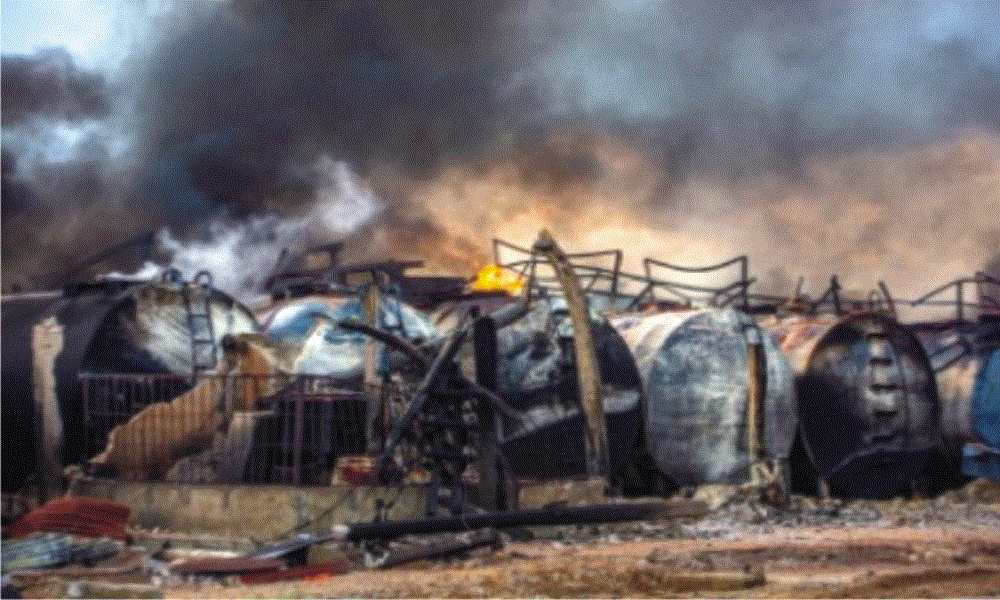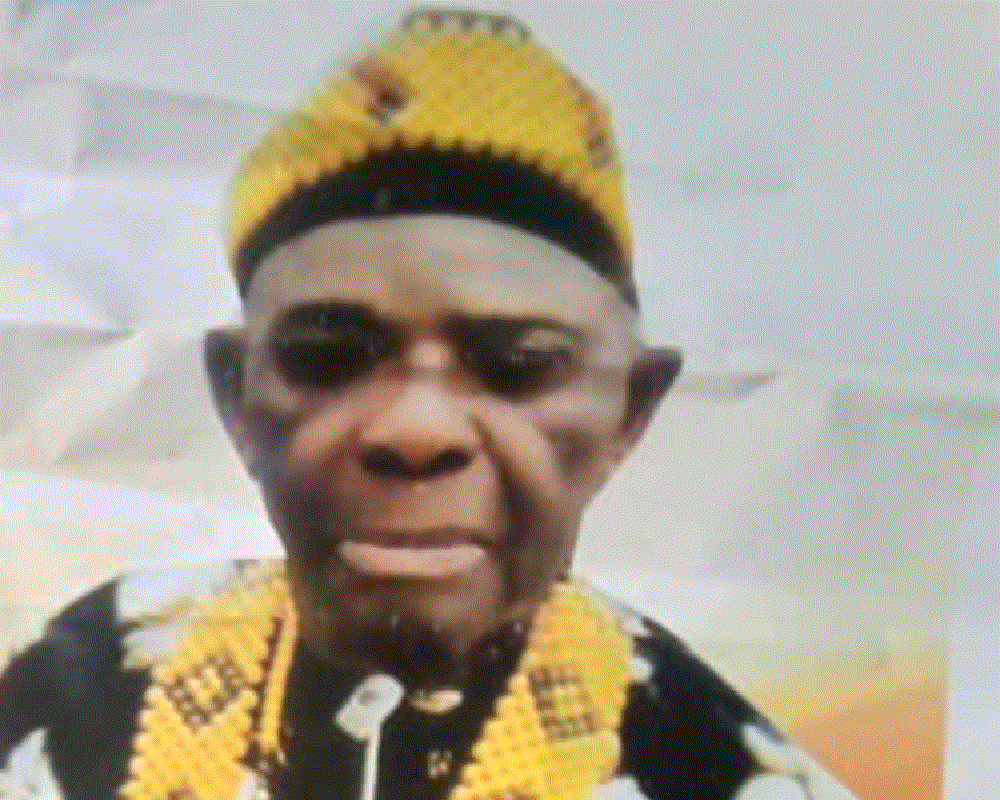NPC Launches 2018 Demographic And Health Server In Rivers
The Federal Commissioner of National Population Commission representing Rivers State, Hon. (Dr) Ipalibo Harry, has called on policy makers, relevant government ministries, departments and agencies, the health sector and other data end-users to take the advantage of the report of the 2018 demographic and health survey.
Hon. Harry made the call during the official launching of the 2018 Nigeria Demographic and Health Survey (NDHS) Report in Port Harcourt.
According to him, the NDHS will become a basis for policymakers to be able to step up their game so as to see how they can reduce or eliminate things like malaria because the survey also reveals how many women and children use mosquito-treated nets in order to avoid the wrath of mosquito.
Earlier in his speech, he said that the 2018 Nigeria Demographic and Health Survey was the sixth demographic and health survey onducted in Nigeria since 1990 and that the survey provides up-to-date estimates on basic demographic and health indicators in the entire country.
He explained that new innovative approaches were used in the conduct of the 2018 NDHS, saying the anthropometry processes were improved to collect high quality height and weight measurements from children and women.
Explaining further, he said a new biomarker checklist was also introduced to ensure that no important tasks were missed, adding that interviewers also returned to households to re-measure children for flagged cases and random re-measurement for data quality checks. He noted that the new improved processes piloted in Rivers State and Nigeria in general were adopted as standard procedures in DHS surveys by other nations especially in Africa.
The Rivers State Coordinator of the National Demographic and Health Survey, Mrs Christy Elebe, in her speech said Rivers State has the lowest rate of Sickle Cell Anaemia cases in the country and called on health practitioners and stakeholders in the health sector to sustain the advocacy on sickle cell in the state.
Her words: Sickle Cell Anaemia in Nigeria is 1.3% while Rivers State is less than 1%, saying the intervention by the state ministry of health has made Sickle Cell Anaemia to be at the low rate.




